What is it
- Intentionality
- Risk
- A “Noble” Goal
A high school student is trying to decide whether to represent her school in a math competition. She’s worried about embarrassing herself if she is not able to solve a problem. She’s afraid of disappointing others. After much thought, she decides to take the risk and to support her school.
After the teacher calls for volunteers to share how they solved the equation, an extremely shy student pauses, deliberates, and then decides to raise his hand. Although he almost never speaks at school, he wants to face his almost paralyzing fear of public speaking.
When a kindergartener hears his peer yelling, “You can’t play with us” to a smaller boy at recess, he immediately intervenes and invites the boy to join his game.
Why is it important?
Courage enhances student well-being.
- Adolescents higher in courage report greater satisfaction with their lives. And later in life, greater courage is related to a greater sense of purpose and life satisfaction.
Courage helps students to navigate social and emotional challenges.
- Greater courage in adolescents is related to the use of more self-directed coping. Thus, in schools the practice of courage could help students better adapt to difficult situations and attain their personal and academic goals.
Courage prepares students to take academic risks.
- Rather than avoid an assignment, students who engage in “academic courage” learn to persevere through a difficult learning task despite their fear, leading to more positive academic outcomes.
Courage emboldens students to speak up in the face of injustice.
- Safe and supportive learning environments can be more conducive to courage, and when students learn to advocate for others, they contribute to creating a more welcoming environment themselves.
Practices

Moving Forward with Hope
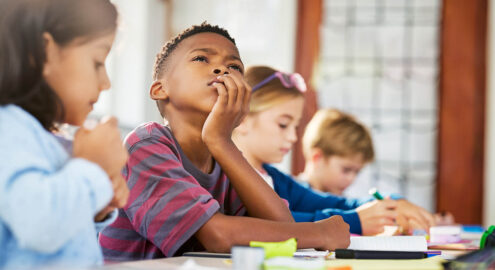
A Hopeful Plan

Asking Powerful Questions

Art on Purpose
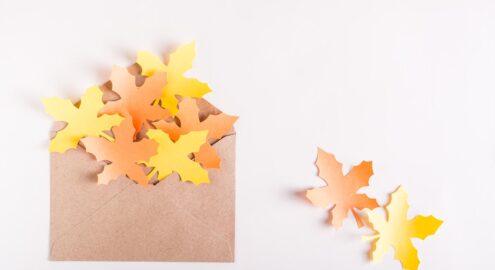
Courage Blooms

Courage Challenge
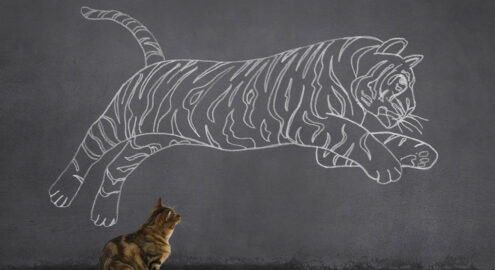
Courage Creatures

Identifying Acts of Courage

Courageous and Compassionate Citizens
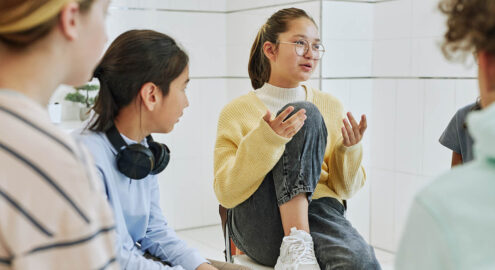
Developing the Courage to Speak Up

The Bystander’s Dilemma: What Does Courage Look Like?

Inspiring Students to Help

Literacy Book Bags to Encourage Courage

Reflecting on Moral Dilemmas with Practical Wisdom
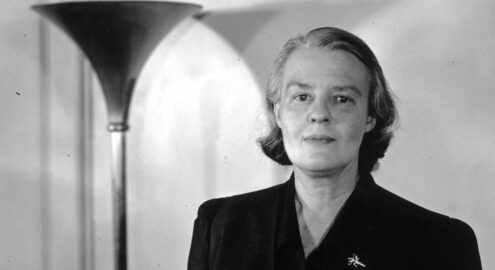
Truth in Journalism and Dorothy Thompson
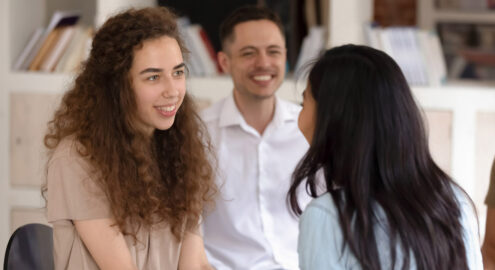
Learning from Courageous Forgivers

Compass Points

Crumpled Reminder

Are you ready to build a kinder, happier school where everyone belongs? Join Greater Good Educators! Explore the science of well-being in a supportive community of educators from around the world. Registration is now open for the 2025-2026 school year!



